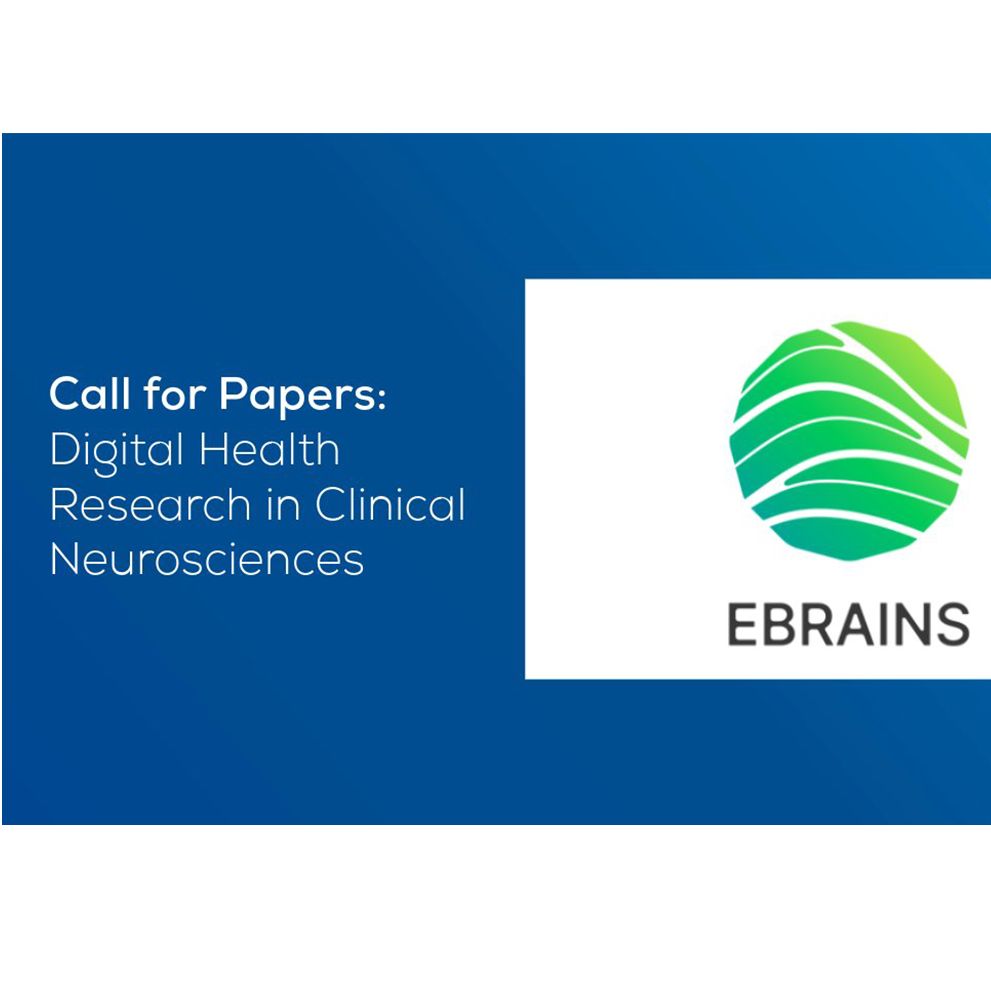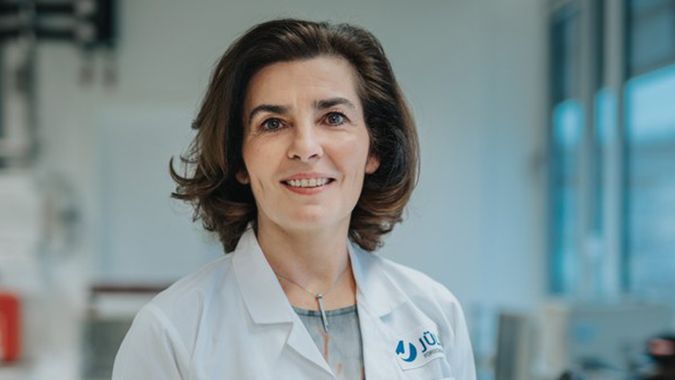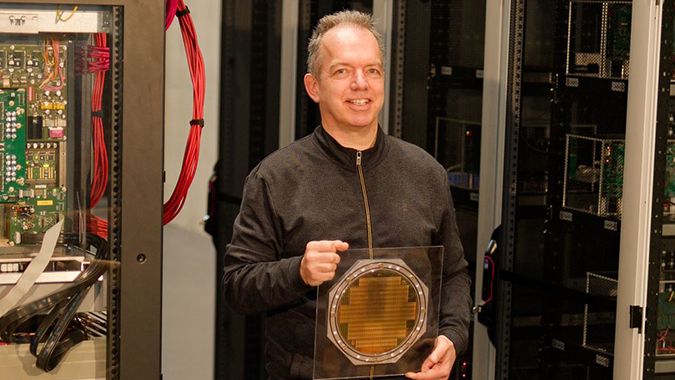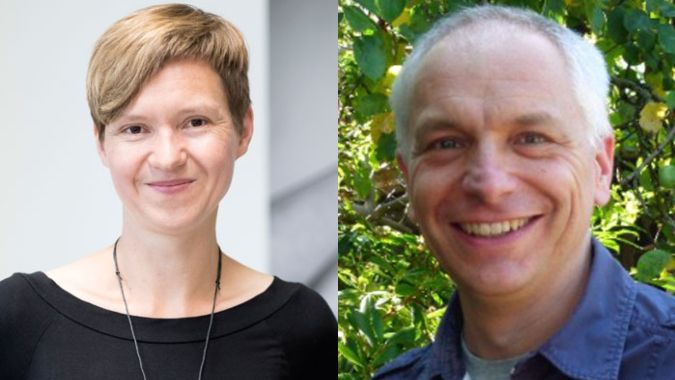
EBRAINS Germany established

The founding institutions and researchers behind EBRAINS Germany bring together a strong expertise in computational neuroscience, clinical research, and computer science, marking a significant milestone in advancing collaborative research efforts in Europe. EBRAINS Germany partners offer unique open science tools for neuroscience, medical applications, and industry.
Members of EBRAINS Germany can actively shape the future development of EBRAINS services according to the specific needs of the German research communities. In addition, national and international interdisciplinary networking is being strengthened and new avenues for collaboration within the consortium are fostered.

“Forschungszentrum Jülich (FZJ) provides to EBRAINS the world’s most comprehensive atlas of the human brain in 3D as well as IT tools for modelling, simulation and AI-based analysis of large and complex data sets. FZJ also provides access to powerful supercomputing facilities and coordinates a network of supercomputing centres across Europe.”
Forschungszentrum Jülich, Scientific Node Lead

“Charité Berlin, one of Europe’s largest university hospitals, provides GDPR compliant services such as the Health Data Cloud to enable the processing of human digital twins and co-leads The Virtual Brain platform that enables patient specific brain simulation on EBRAINS.”
Charité – Universitätsmedizin Berlin and Berlin Institute of Health at Charité (BIH)

“The BrainScaleS system, built by Heidelberg University, is the world’s largest analog neuromorphic computing system. The system is accessible through EBRAINS, enabling collaborative research.”
Heidelberg University

“HITS has a longtime record in this network, starting in the Human Brain Project in 2013, and later joining EBRAINS as an associate member. As a member of EBRAINS Germany, we contribute to the development of computational modeling tools for multiscale simulation of molecular signaling cascades that are altered in brain diseases.”
Heidelberg Institute for Theoretical Studies (HITS), head of the Molecular and Cellular Modeling group

“Researchers in the Bernstein Network aim to understand computation in the brain and neural networks, from the molecular level to behavior. Such interdisciplinary endeavors require an adequate infrastructure. The membership in EBRAINS opens up novel collaboration opportunities for scientists in computational neuroscience, including access to tools for data acquisition, management and computing.”
Chair of the Bernstein Network, Representing the Bernstein Network in EBRAINS

"Advances in the treatment of mental illness require a deep understanding of brain function and its disorders. In this area, we have built up large data sets and expertise in analysis and modelling, which we want to contribute to EBRAINS. The in-depth collaboration with excellent partner institutions within the German Centre for Mental Health (Deutsches Zentrum für Psychische Gesundheit (DZP)) will further increase the effectiveness of these approaches."
Chairman of the Board of the Central Institute of Mental Health Mannheim (CIMH), and Medical Director of the Clinic for Psychiatry and Psychotherapy at the CIMH
Contact
Dr. Boris Orth
Coordinator EBRAINS Germany
E-Mail: ebrains-nng@fz-juelich.de
Media contact
About EBRAINS
The EBRAINS digital research infrastructure, a key outcome and legacy of the EU-funded Human Brain Project (HBP), was officially launched in 2019. Two years later, in 2021, EBRAINS was included in the Roadmap of the European Strategy Forum on Research Infrastructures (ESFRI). In its current phase, after the recent conclusion of the HBP, EBRAINS will complete the transition into a sustainable infrastructure. Through the recently approved EBRAINS 2.0 project, the European Commission is providing continued co-funding for the consolidation and further development of the EBRAINS RI during the years 2024-2026.
EBRAINS’ mission is to foster brain-related research and help translate the latest scientific discoveries into innovation in medicine and industry, for the benefit of patients and society. It draws on cutting-edge neuroscience and offers an extensive range of brain data sets, atlases, modelling and simulation tools, easy access to high-performance and neuromorphic computing resources.
About EBRAINS National Nodes
The Research Infrastructure is organised around a central hub in Brussels that coordinates a pan-European network of services delivered through currently 11 National Nodes: Belgium, Denmark, France, Germany, Greece, Italy, the Netherlands, Norway, Spain, Sweden, Switzerland.
Find out more: www.ebrains.eu
See also:
Press release Jan 09 2024
EBRAINS research infrastructure secures €38 million in funding for new phase of digital neuroscience
News & events
All news & events
- News21 Mar 2025


